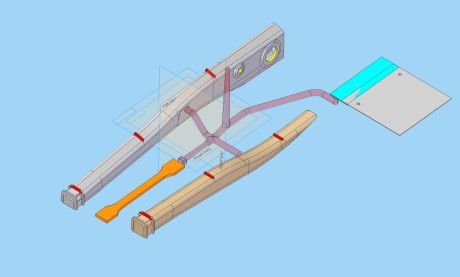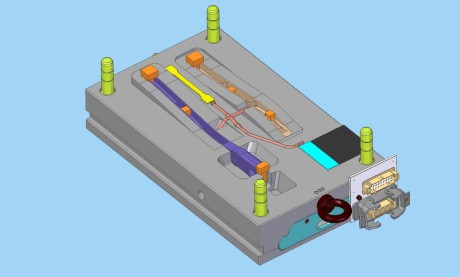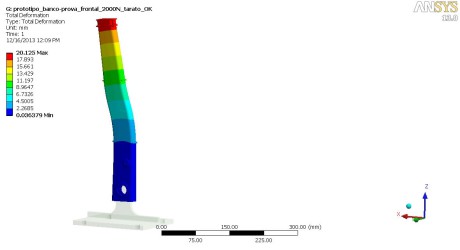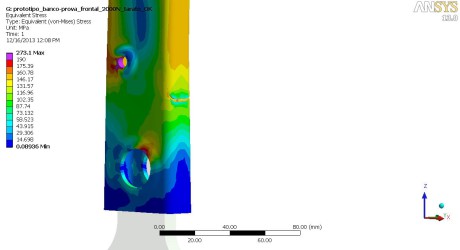A renowned company operating on a world scale in fitting outs for airliners, private aircrafts and jets of all kinds, has turned to Meccanica Generale as partner for the development and the implementation of a new project, composed by various steps of studies and simulations, to solve the project criticalities.


Strongly growing sector and one of the most competitive on the market, the aerospace industry proves to be also highly aware of the “fuel conception” issue, through the reduction of the weight of the constituting parts. The fuel consumption reduction is in fact the most important requisite for all airline companies. An answer to this requirement can be provided by Meccanica Generale, leader company in injection moulds for plastic components, with a strong propensity for the lightweight theme through simulations and tests aimed at the choice of the best plastic components, in order to satisfy the need of aerospace customers.


As witnessed by the fact that a renowned company operating on a world scale in fitting outs for airliners, private aircrafts and jets of all kinds, has turned to Meccanica Generale as partner for the development and the implementation of a new project, composed by various steps of studies and simulations, to solve the project criticalities.A highly innovative and prestigious design for Meccanica Generale itself in the aerospace world, which has involved the entire corporate system: with the precise target of identifying the best plastic material to be used in this specific application, they have then manufactured a small prototype mould on which to carry out some tests. The goal of those tests was to determine their real properties once moulded, thus complying with the severe regulations of the aerospace sector, like for instance very high loads to be borne by the structure, as light-weight as possible and the non-flammability.Thanks to in-depth structural and fluid-dynamic calculations and to the use of Stress Curves of materials they determined the use of Peek charged with 30% of carbon fibre, considered the best thermoplastic technopolymer currently on the market.Afterwards they proceeded to the research of the best structure for the final product in terms of weight/performance, conforming to the requisites of mechanical resistance, deformation and the lowest possible weight.
Following the results achieved by 6 tests provided for by the aerospace regulation, Meccanica Generale started the real optimization-design phase of the entire component, implementing the final moulds of the two semi-shells (front and rear) of the product.
This type of activity was an arduous and ambitious challenge, won by the company since the above-mentioned material works at very high temperatures, both in terms of molten (about 400°C) and of the mould (circa 200°C). Thanks to strict collaboration with the material supplier, it was possible to achieve excellent results and the full customer satisfaction.



